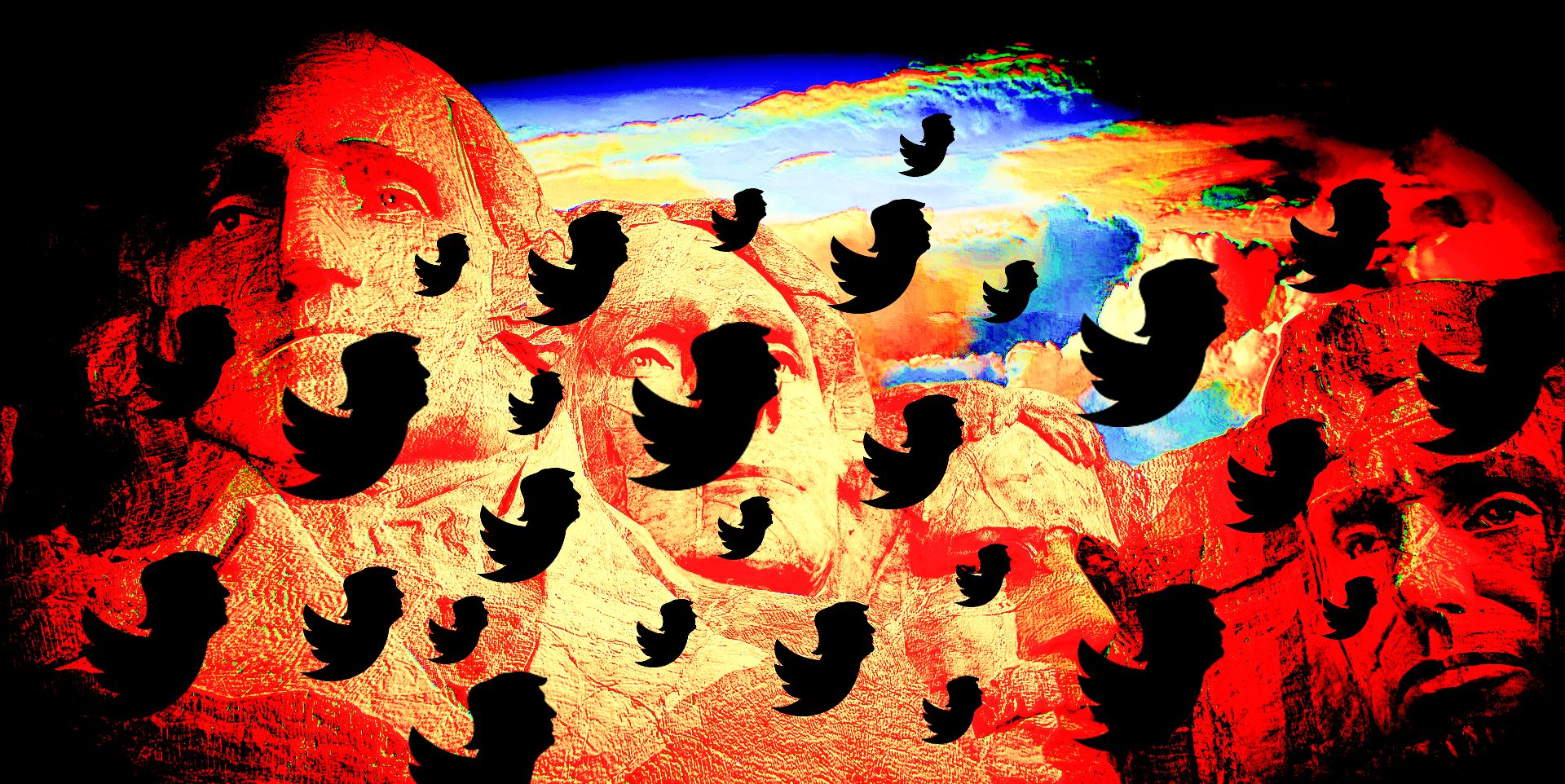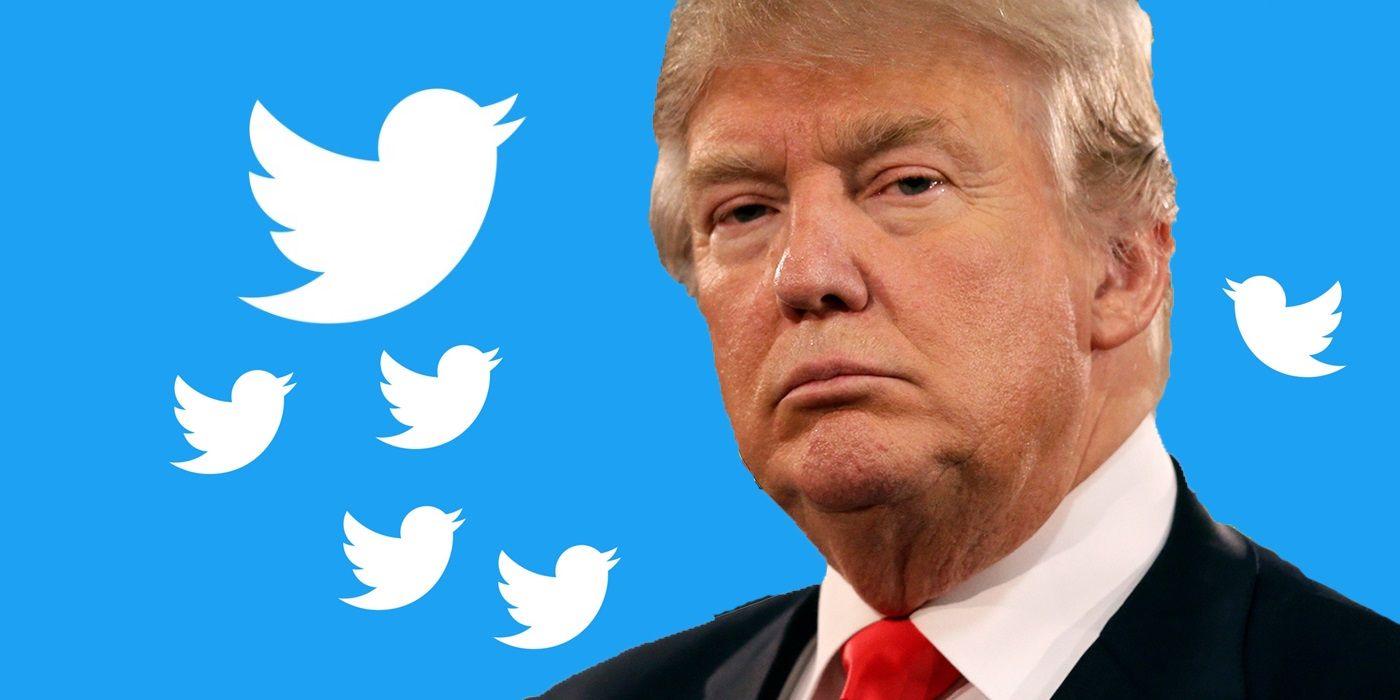President Trump has petitioned the U.S. Supreme Court for a writ of certiorari to consider whether he may constitutionally block you or other citizens from his Twitter account. The account was created in 2009 while Trump was a private citizen, however since becoming “leader of the free world,” Trump has used the account to conduct official state business. The respondents claim that being blocked, which results in them not being able to see the President’s Tweets, or directly respond with their pressing criticisms, is a violation of their First Amendment rights.
The respondents are represented by a legal team from Columbia University’s Knight First Amendment Institute that argues that the President’s claim that the account should be subject to the same regulations as private citizens on Twitter are erroneous. Meanwhile, the President’s team claims that not allowing the President to block accounts would enable harassment. However, the current blocking feature available to all users produces externalities that impinge upon core constitutional protections for political speech. Rather than merely making it such that an abusive critic is not able to address the President directly via Twitter, the current block feature also makes it such that the individual cannot see them. The President’s team argues that this is not a vital consideration though, as one can view them while not logged in.
The specific constitutional question in the petition is, “Whether the First Amendment deprives a government official of his right to control his personal Twitter account by blocking third-party accounts if he uses that personal account in part to announce official actions and policies.” Blocking inhibits citizens from practicing their constitutionally protected rights to criticize their political leaders. Hiding the president’s Tweets inhibits the blocked from developing informed criticism to share via indirect methods, such as on their own blog, via Tweets referring to the commander in chief (though not directly tagging him), or through other means of communication that are constitutionally protected. While the administration’s claim stands, that one could still access them through logging out to “creep” upon the President, the court might find that the externality is impermissible, given the centrality of political speech and communication to the First Amendment.
Trump, Twitter, Public-Private ‘Hybrid’ Accounts, & Political Speech Rights
The court might chose not to hear the case, thereby upholding the lower court decision of unconstitutionality; writs of certiorari are only accepted less than 10-percent of the time by the high court (see Perry, Deciding to Decide, 1991.) However, the issue will continue to present itself. Trump and other politicians can either have clearly delimited public and private Twitter accounts, a situation in which there would still be some legal uncertainty as to the question at hand depending upon the as applied challenge, or they can work with Twitter and other services to design a special blocking feature for public officials, as well as a process to ensure that it is only applied to particularly deserving cases, ones that would survive balancing tests. Such a system would not inhibit the blocked from viewing the content, though it would inhibit them from engaging in further harassment. Their ability to criticize an elected official would continue and it would benefit from informed access to public statements made on platforms like Twitter; however, they will not be able to directly engage in abuse.
As society drifts deeper into a strange new world of digital politics, making politics personal and spectacular, new institutions must be designed to accommodate the extraordinary new challenges to the political system that have begun to emerge. Some of these will benefit from public-private partnerships to design institutional solutions within private companies, such as the recent alliance to combat misinformation, to ensure that civil and political rights continue to be a fulfilled promise to all citizens and persons within the United States and beyond. Twitter and other social media services frequented by Trumpean politicians, their harassers, as well as ordinary professional politicians, ought to design a new framework specific to public officials with the relevant legal precedent in mind.
Source: SCOTUS


